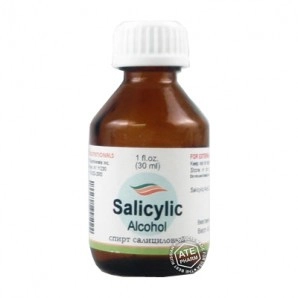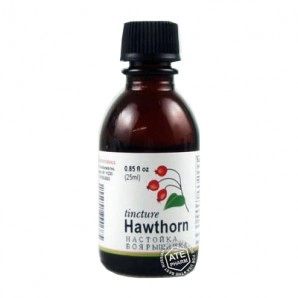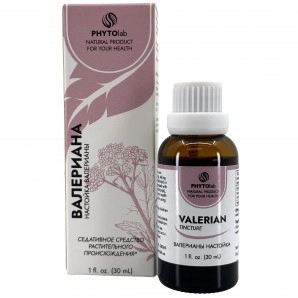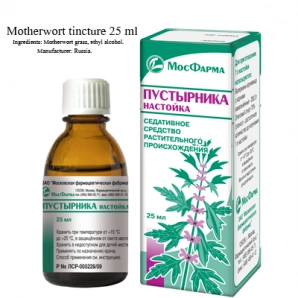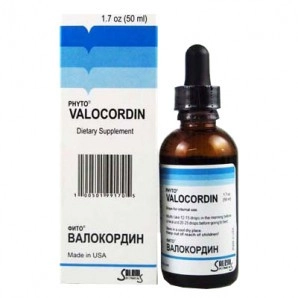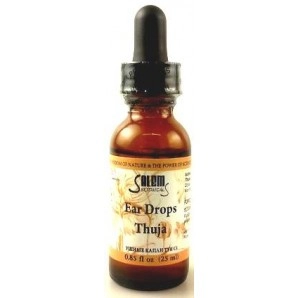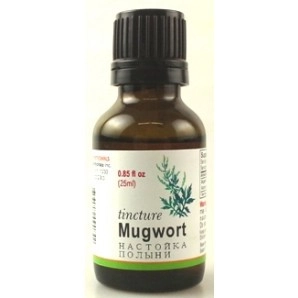-
OTC
- Allergy
- Antiparasitic Agents
- Painkillers and Antispasmodics
- Venotonics
- Dermatological Agents
- Gastrointestinal Tract
- Immunomodulators
- Infectious and Inflammatory
- Weight Control, Weight Loss
- Neurological Agents
- Ophthalmic Preparations
- Cardiovascular Diseases
- Sleep Aids
- Cold and Flu Remedies
- Thyroid Disorders
- Diabetes Treatments
- Urological Agents
- Sedatives
- Ear Drops
- Vitamins and Minerals
- Men's Health
- Women's Health
- Laxatives
- Liver Disease Treatments
- Hemorrhoid Treatments
- Nasal Drops and Sprays
- Antiseptic
- Bruises and Contusions
- Antifungal Agents
- Blood Pressure Medications
- Joint Pain
- Oils
- Dry Herbs & Berries
- Ointments
- Herbal Teas
- Tinctures
- Syrups
- Beauty
This information is for general purposes only and should not be considered as medical advice. Always consult with a qualified healthcare professional for any medical concerns or questions you may have.
Ingredients and Composition
Peony tincture is made from the roots of the Paeonia lactiflora plant. It contains active compounds such as paeoniflorin, albiflorin, and benzoylpaeoniflorin. These compounds have anti-inflammatory and analgesic properties, making peony tincture an effective natural remedy for pain relief and inflammation.Indications and Uses
Peony tincture is traditionally used in Chinese medicine to treat various health conditions such as menstrual cramps, muscle pain, joint pain, and arthritis. It is also used to manage stress and anxiety.Research has shown that peony tincture can reduce inflammation and pain in patients with knee osteoarthritis. It can also be used as an adjunct therapy for depression and anxiety disorders.
Precautions and Side Effects
Although peony tincture is generally considered safe, some people may experience side effects such as dizziness, headache, and diarrhea. It may also interact with certain medications, such as anticoagulants and antiplatelet drugs.Pregnant and breastfeeding women should avoid using peony tincture, as its safety has not been established. Individuals with a history of liver disease should also avoid using peony tincture.
Conclusion
Peony tincture is a natural remedy that has been used for centuries in Chinese medicine to treat various health conditions. It contains active compounds that have anti-inflammatory and analgesic properties, making it an effective natural pain reliever. However, individuals should exercise caution when using peony tincture and consult with a healthcare provider if they experience any side effects or if they are taking any medications.Note: This article is for informational purposes only and should not be considered medical advice.
Additional Information
| SKU | 1036 |
|---|---|
| Brand | Salem Botanicals |
| Size | No |
| Manufacturer | No |
- Be the first to review this product
Write Your Own Review
Products on sale
Regular Price: $14.99
Special Price $9.99
Regular Price: $21.99
Special Price $17.99
Regular Price: $49.99
Special Price $34.99
Regular Price: $23.99
Special Price $18.99
Regular Price: $26.59
Special Price $18.99
Regular Price: $12.99
Special Price $8.99
Regular Price: $33.99
Special Price $24.99
Regular Price: $10.99
Special Price $8.99
Regular Price: $10.49
Special Price $8.99
Also Purchased










